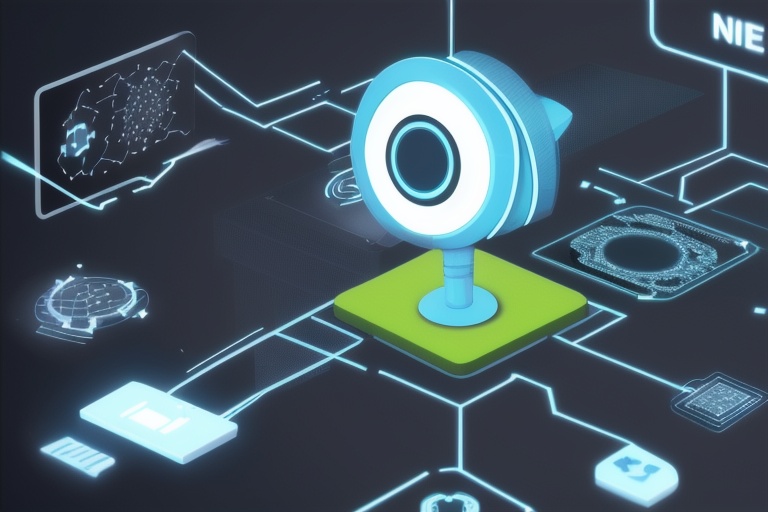The advent of artificial intelligence (AI) has brought significant changes to the landscape of content creation. Among the various AI applications, writing assistance tools like ChatGPT and Bard are revolutionizing the way bloggers produce content. These tools offer quick, efficient ways to generate high-quality articles and provide insights into audience preferences—vital assets for anyone looking to stay relevant in the competitive world of blogging. However, integrating AI into one's content strategy should be done after careful consideration of both its benefits and its drawbacks.
The advent of artificial intelligence (AI) has brought significant changes to the landscape of content creation. Among the various AI applications, writing assistance tools like ChatGPT and Bard are revolutionizing the way bloggers produce content. These tools offer quick, efficient ways to generate high-quality articles and provide insights into audience preferences—vital assets for anyone looking to stay relevant in the competitive world of blogging. However, integrating AI into one's content strategy should be done after careful consideration of both its benefits and its drawbacks.
Advantages of AI-Powered Writing Assistance
AI can prove to be an invaluable asset for bloggers for several reasons. First and foremost, it saves time. AI writing tools can automate parts of the research process, allowing creators to focus on crafting their narratives and refining their content. This helps maintain a steady flow of posts without sacrificing quality.
Another notable advantage is the analytics that AI tools offer. By understanding reader engagement and behavior, bloggers can tailor content to meet the needs and interests of their audiences. This targeted approach is likely to boost engagement and, in turn, increase traffic to the site.
Additionally, AI can help break through creative blocks. Everyone encounters those moments when the right words are hard to find, and in such situations, AI can provide alternative phrasing or ideas that rekindle creativity and help creators finalize their content to their satisfaction.
Challenges of AI in Content Creation
Despite these advantages, AI is not without its limitations. One of the main criticisms is that AI often produces content that feels generic or lacks the nuanced, personal touch that fosters a deeper connection with readers. The very qualities that make a blog unique—its voice and personality—can be diluted if one relies solely on AI.
Moreover, there's a risk that the content AI generates might not fully align with a brand's messaging, necessitating additional editing and personalized adjustments to ensure consistency across all communications.
One crucial consideration for any responsible blogger is the trustworthiness of the content they publish. AI-generated information might not be up-to-date or could be factually incorrect, meaning that rigorous verification is necessary before any AI-assisted content is shared with readers.
Best Practices for Incorporating AI into Blog Writing
Understanding how to effectively integrate AI into content creation strategies is essential for modern bloggers. Here are several tips that can help maximize the potential of AI writing tools:
Content Ideation: When you're brainstorming topics, AI can provide a list of potential ideas or even jumpstart the writing process. To get the best results, be clear and precise with your prompts to guide the AI toward producing relevant and innovative content.
The First Draft: If the prospect of beginning an article seems daunting, AI can pave the way. By establishing the initial direction of the post, AI can save time and reduce the initial effort required.
Content Enhancement: For blog posts that need a boost, AI can suggest improvements directed toward SEO performance, ad copy, or even future content ideas. These suggestions can open up new directions for optimization that may not have been considered otherwise.
SEO Requires Human Touch: It's important to note that AI hasn't fully mastered SEO. While AI can be fed with keywords to orient its outputs, thorough SEO research and application should be performed by the blogger to ensure the best possible rankings.
Provide Detailed Instructions: The more specific you are with AI, the better the outcomes. If you're targeting certain keywords or phrases, make sure to include them in your instructions to the AI tool for optimum results.
Keep Learning and Evolving: AI technology is fast progressing, and staying current with its development is crucial. By understanding the growing capabilities—and boundaries—of AI, bloggers can better leverage this technology in their content creation process.
The Merging of Human Expertise and AI Efficiency
While the allure of AI-powered content generation is strong, it's essential to approach it with a strategic mindset. AI tools should complement a blogger's expertise, not overshadow it. Content creators need to maintain a high level of scrutiny and fact-checking to ensure the content meets high standards of quality and trustworthiness.
Remember that AI is merely a tool—a means to an end—and not the end itself. The goal for any blogger should be to create content that informs, engages, and resonates with readers, which requires a thoughtful blend of AI smarts and human insight. By applying AI tools judiciously and enhancing them with human creativity and accuracy, bloggers can create compelling content that stands out in today's digital ecosystem.
Information for this article was gathered from the following source.




